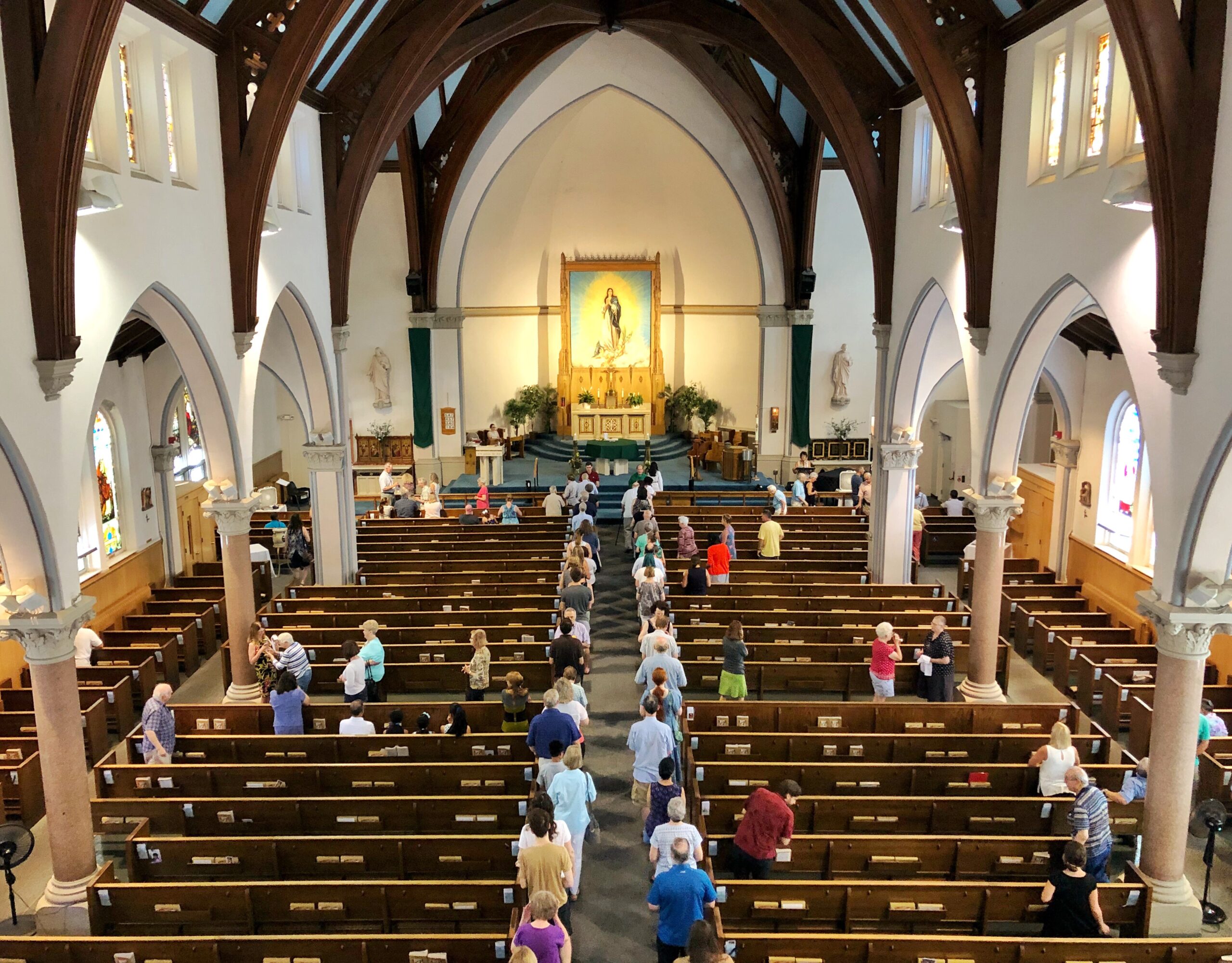I have served on staff of several large churches throughout my ministry career, but some of the most valuable things I learned about pastoring happened after I left full-time ministry and was just another person sitting in the pew.
Here are a few things that I wished I had recognized when I was a pastor about the people attending my church each week:
1. The people in the pew are really busy and have lots other really healthy priorities in their lives beyond what we are tying to accomplish as a church.
I recall conversations among staff members complaining about how hard it was to recruit volunteers and how some families only attended worship a few times a month. In those conversations, we were subtly conveying the message that attending church or serving as a volunteer was a measure of spiritual commitment, though we’d never say that out loud.
After leaving staff and starting work in a succession of start-ups where the very real demands of my daily life of work (including a lot of travel), family, and managing my daily life, I realized that while ministry was a busy 7-day-a-week-job, when I was a pastor, I actually had much more free or flexible time than most of the people in my congregation. I could leave work early to pick up my kids or watch a game or go exercise. Going out to lunch or even a golf outing with a church member was “ministry time.” I remember one pastor talking about taking a week of spiritual retreat or going on “study leave” and thinking that if I tried to do that at my start-up, I’d end up in the unemployment line. I know I wasn’t alone.
The truth I wished I had fully grasped is that the folks who don’t come every week or aren’t able to commit to regular volunteer opportunities is this: They aren’t lazy. They aren’t uncommitted. They are just tired and very, very busy. We may work sixty hours a week in ministry, but they are working fifty-sixty hours at work, and we are asking them to commit time above and beyond that to serve.
2. Most of the people in my church were more experienced and smarter about leadership and growing healthy organizations than I was.
It’s true that many of us in pastoral ministry have advanced degrees and we often have an intuitive grasp of the unique complexities of leading and serving in a church, but in my congregation, I had some of the world’s most impressive leaders in business, education, technology, government, and social science. I rarely took advantage of that incredible resource. I could have taken some of them to lunch or coffee and gleaned from their extensive experience. For the most part, they would have been more than willing to share their time with me. I know that I was thrilled when the pastor of the church plant I had been attending in Richmond, VA asked to meet with me just to run ideas by me and get my thoughts. It wasn’t a burden. It was a gift. It was an honor to be asked, and it was often the best part of my week.
3. Most of the people in the pew had a better understanding of their need for grace than I ever knew.
I was going through some really rough days when I first left staff at my church. While I was excited about my new career opportunity, I was also struggling in my personal life and feeling very much like a failure and very far from God. I hungered for grace in ways I had never hungered for it before. I remember sitting in church and hearing a message about God’s grace. The words were all true. I had preached the same message myself many times before, but it was clear to me that the person preaching really hadn’t experienced my same level of felt need for grace. They just sounded like words to me. Sadly, I realized that I had done the same thing. I had preached that message having no idea that there were people in the pews who felt so far from God that mere words would never cut through the pain and hurt – people like me in that moment who understood in their souls that they needed a love that only the God of the universe could give and needed to hear about it from someone who really understood the depth of their spiritual loneliness.
Working in a church and among Christians can shelter us from the very real brokenness of our world and the people we serve. It’s far more lost than we realize – so broken that it took the death of the Son of God to repair. I wish I had understood that while I was in full-time ministry.
So with all that in mind, here are a few suggestions of how we might connect more deeply with the people in the pew.
1. In addition to your regular ministry role, volunteer in a ministry for which you have no direct responsibility.
We may work fifty-sixty hours a week, but so do the people we serve. We expect them to volunteer. Serve in the children’s ministry or lead a small group for your student ministry. Go on a mission trip and instead of calling it ministry, use a week of your vacation and pay for it yourself. It’s what we ask of the person in the pew.
2. Be intentional about learning from the people in your church.
Invite a few business leaders to lunch and ask them about leadership or the challenges of growing a business. Meet with teachers and learn how to teach more effectively. Ask them about their marriages or how they stay spiritually sharp amidst the challenges they face each week. You’ll be surprised and enriched by what you learn.
3. Connect with your own brokenness, and be vulnerable about it when you teach.
Broken people can read us from a mile away when we try to cover it up and pretend we’ve got it all together. Be real with the person in the pew so that they can feel grace from you as well as hear about it.
4. Connect with people who hurt and feel far from God.
Don’t go with the agenda to “share Jesus” with them or fix them. Just listen. Hear their stories. Let them be real with you. Let your heart connect with theirs. It will change the way you preach, teach and lead.


